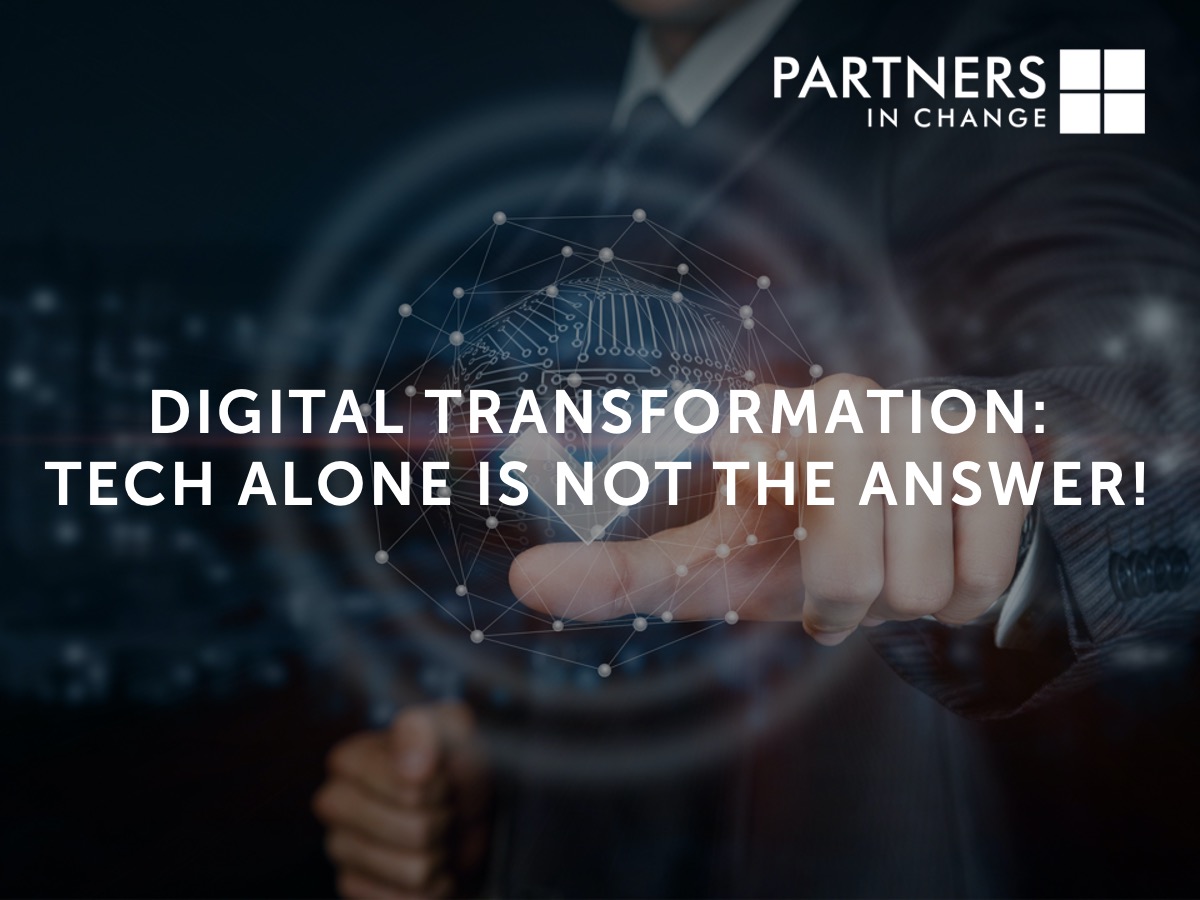
Digital is often thought of as being synonymous with technology and data, and it is true that these are important aspects of the digital landscape. However, digital is about much more than just tech and data. In fact, if any digital transformation is to be truly successful it must encompass and orchestrate change across a wide range of areas and disciplines, all of which play a vital role in driving business success in the digital age.
Here are five factors that support our view:
- Digital is about meeting current and anticipated customer wants and needs: At the heart of digital is the customer experience. Digital technologies and data can be used to enhance the customer experience by providing personalised and seamless interactions, but it is ultimately the quality of the customer experience that drives the success of digital products and services. This means that digital is not just about the technology and data that enable these interactions, but also about the overall design and functionality of the digital product or service, and how it meets the needs and expectations of the customer. As a result, knowing your customer is a keystone for any digital activity.
- Digital is about strategy: While technology and data are important tools in the digital toolkit, they are not the only pieces of the puzzle. Digital strategy involves understanding your business ambitions and developing a supporting plan to use digital technologies and data to achieve these ambitions. This embraces an understanding of your market, your competition, and your target customer, using this information to inform the design and development of digital products and services.
- Digital is about change: Digital is a constantly evolving landscape, and organisations that can embrace change and continuously adapt and innovate are more likely to succeed in the long run. This requires a willingness to take risks, try new things, and learn and move on from ‘fast failures’.
- Digital is about culture: Embracing digital involves more than just adopting new technologies and tools. It also requires a shift in corporate culture and mindset. It demands a shift away from traditional, hierarchical, and bureaucratic structures and processes. This requires a strong leadership echelon who embrace, encourage and expect change across the business. This same leadership group must shape the mindset of everyone in the business; buy-in from all levels of the organisation is an absolute pre-requisite for successful change, especially in a world where change is a constant.
- Digital is about integration: Digital is not an isolated silo within an organisation – it should be integrated into all aspects of the business. This means that digital should be considered part of the overall business strategy, and not just as a standalone or ‘bolt-on’ initiative.
With the above in mind, it is clear that digital is not just about technology and data. It encompasses a wide range of areas and disciplines that, together, are vital components in driving business success in the digital age.
While technology and data are important tools in the digital toolkit, they are only part of the puzzle, and organisations that are able to embrace a holistic and systemic approach to digital are more likely to succeed in the long run.
At PiC we understand that successful digital change embraces all aspects of change. Our core strength is the design, planning and delivery of successful and sustainable change and transformation by taking a holistic and systemic view.


Recent Posts